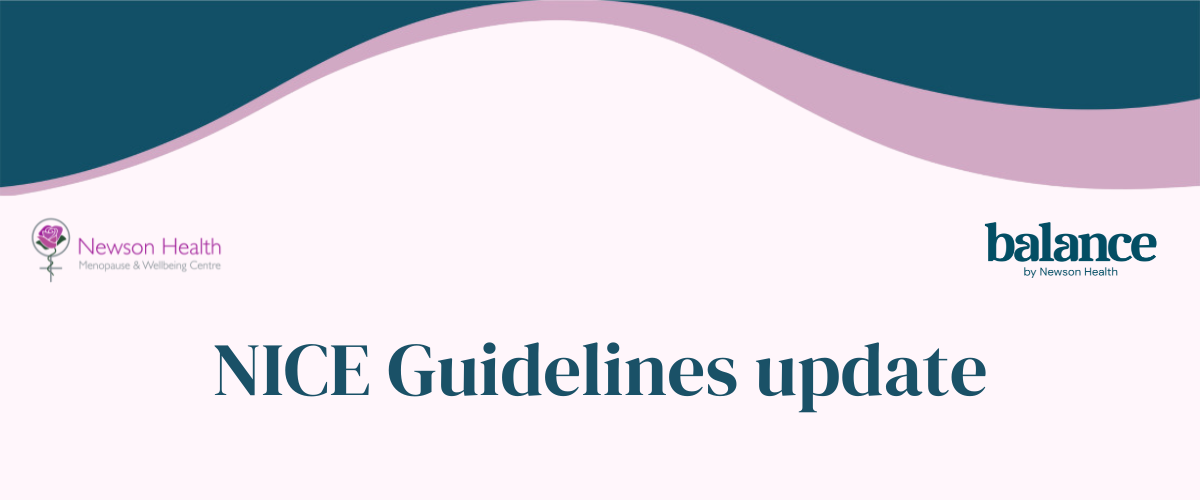The guideline was developed for healthcare professionals, and for women themselves, and covers menopause diagnosis and management.
NICE said in the new draft guideline that new evidence shows that cognitive behavioural therapy (CBT) can help reduce some menopause symptoms, and should be offered alongside or instead of HRT. You can read more about the draft guideline here.
‘CBT may have a place when taking a holistic approach to managing the perimenopause, but it won’t improve every menopause symptom and won’t treat the underlying hormone deficiency,’ she said.
‘HRT is first line treatment to improve symptoms which is clearly documented here. In addition to the numerous and often distressing symptoms, we must address the long-term health risks of low hormones.
‘There is good quality, established evidence about the protective effects of HRT in relation to osteoporosis, heart disease, clinical depression and colon cancer, and there is emerging evidence around dementia risk also being reduced. These are ignored in this document and the perceived risks of breast cancer stated in these draft recommendations are not based on good quality evidence.
‘Women deserve to be fully informed and involved at every step of their healthcare consultation so they can make an informed decision on the right treatment or combination of treatments for them. While we have seen a rise in recent years in access to evidence-based treatments like HRT, a postcode lottery still exists, particularly for those from lower socio-economic backgrounds. The menopause is sorely under-researched and under-funded, and this must change. In the meantime women deserve to have a choice and those who want to take HRT should be able to have it prescribed and frustratingly it is often more common for women to be prescribed antidepressants than HRT.’



 RSS Feed
RSS Feed




